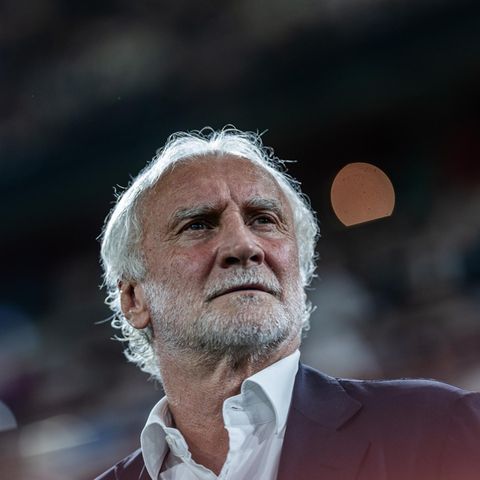At the end of the year, the brooding begins: Am I still right in my job? Shouldn’t I develop professionally? This is either followed by blind actionism. Or it works like most good intentions: You will be forgotten. How to know it’s time to find a new job.
The time between Christmas and New Year is special: if you have to work, you sit in empty offices, the usual commuter flows are absent, where otherwise traffic jams slow down life, everything flows. And those who can stay at home have free time at a time that we find difficult to fill with annoying duties. So you start to ponder (this works well in an empty office too): Am I happy at my workplace? Is it time to take the next step in your career? Do I need a change of scenery for my job?
In fact, it is a good time to ask yourself such questions. Because many companies advertise new positions at the beginning of the year. Employees who want to change usually stay beyond December in order to secure the Christmas bonus before they leave. So from January there will be movement on the job market. But that can also have disadvantages, believes job coach Martin Wehrle. “Basically, the times when everyone tries to do it are the worst. Because then there is a lot of movement on the job market,” said Wehrle on the “”.
Job change: time for a new job?
The expert recommends a kind of “self-inventory”. “It’s nice when I look at my previous professional life and ask myself the question of which workplaces and which tasks I really enjoyed. What am I really good at? What questions do colleagues approach me for my advice to hear? “, so Wehrle. “This way I find out what I like to do, but also where my talent lies and what I do really well.” Those who can clarify these questions for themselves not only appear more self-confident, but can also look for a job that fits their own profile. But the self-reflection in advance is not that easy, because you have finally decided on the job that you no longer enjoy.
Guidebooks usually give periods of time as an aid in which you should have changed employers. It doesn’t work well if you stay in a company for less than 18 months. A conclusion of future employers is then: probation period not made, adjustment difficulties or lack of competence. The career coach also confirms this – and goes even further. In his opinion, employees leave their money behind if they don’t change employers every two years. On the other hand, you shouldn’t stay in a company for too long either. Some experts believe that you should make a career change after four years at the latest. This is especially true if you have not ascended and are still doing the same job as at the beginning.
But how do you know that you not only have a slight form depression, but that it is time for a change. The 5-year check-up is a good exercise: Imagine that you still have to do the job you are currently doing in five years time. Are you looking forward to it? Do you like the idea? Or is that scary? The exhaustion check also helps: What does your evening look like? Are you lying exhausted on the sofa and annoyed about the day? It is clear that a job that is fun also challenges you. But when the job is draining and all motivation is lost, it’s time to leave.
+++ These tricks bring back motivation in the job +++
A common argument: poor pay. Coach Wehrle knows this: “Money alone will certainly never let motivation shoot up. It always has to come from within. But as a salary coach I know very well that bad, unjust pay really pulls your own motivation down.” So a higher salary does not necessarily make you happier in your job – too little salary, however, depresses motivation. “If you know that the colleague at the desk next door will get more money for the same work, you don’t feel like it anymore”, “That is why I think that the value of an employee also has to do with the appreciation by the employer.”

Jane Stock is a technology author, who has written for 24 Hours World. She writes about the latest in technology news and trends, and is always on the lookout for new and innovative ways to improve his audience’s experience.




